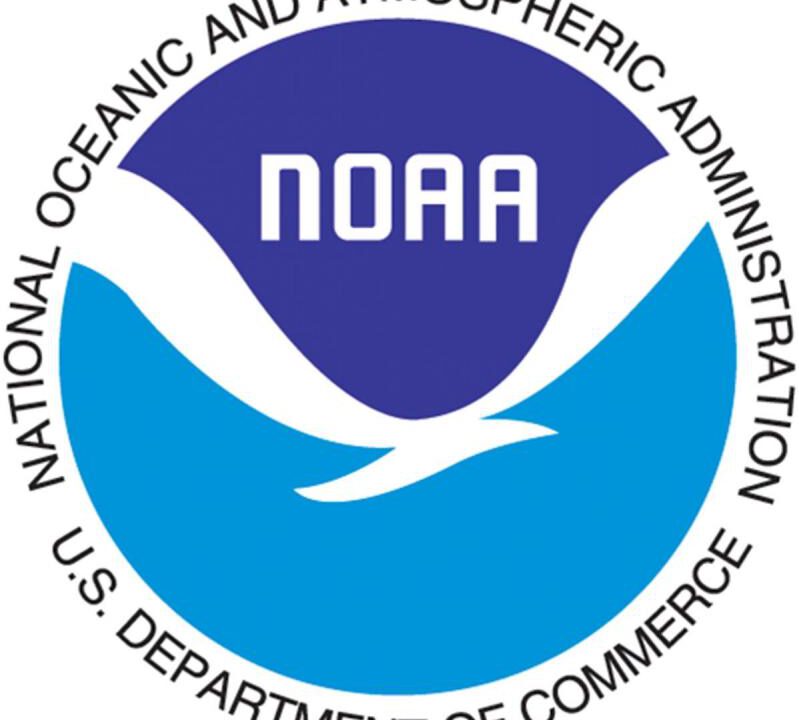
NOAA’s Weather & Atmosphere Education Resources
Includes research, cases studies, data, charts, and background information on El Nino, Hurricanes, Space Weather Tornadoes, Weather Observations, and Weather Systems & Patterns.

Includes research, cases studies, data, charts, and background information on El Nino, Hurricanes, Space Weather Tornadoes, Weather Observations, and Weather Systems & Patterns.
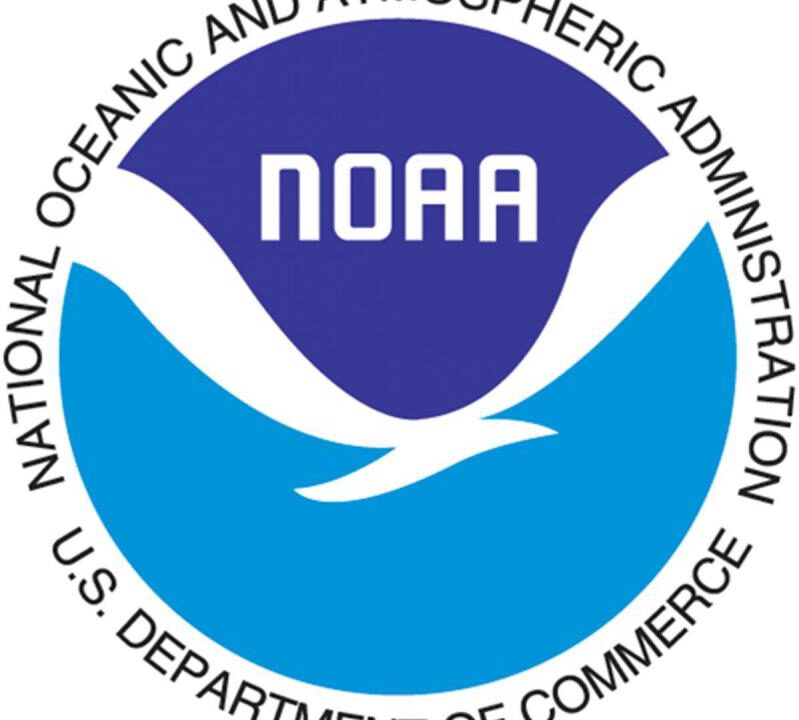
Includes research, cases studies, data, charts, and background information on Water Cycle, Great Lakes Ecoregion, and Watersheds, Flooding and Pollution.
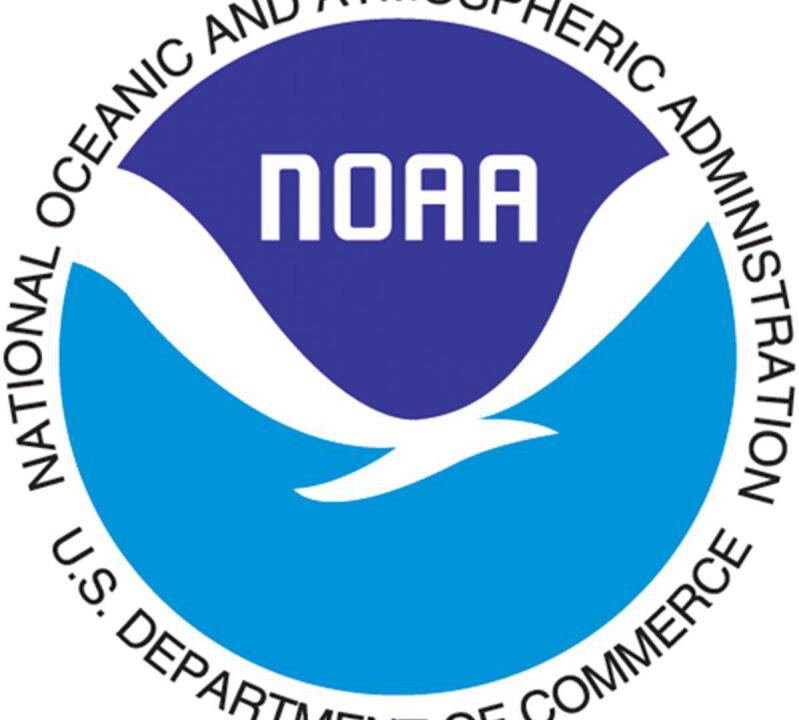
Includes research, cases studies, data, charts, and background information on Aquatic Food Webs, Coral Reef Ecosystems, Life in an Estuary, Marine Mammals, and Sea Turtles.

The Hampton Roads Planning District Commission Coastal Resiliency Program includes maps of coast flooding, sea level rise, research, policy guidance and viewing tools.
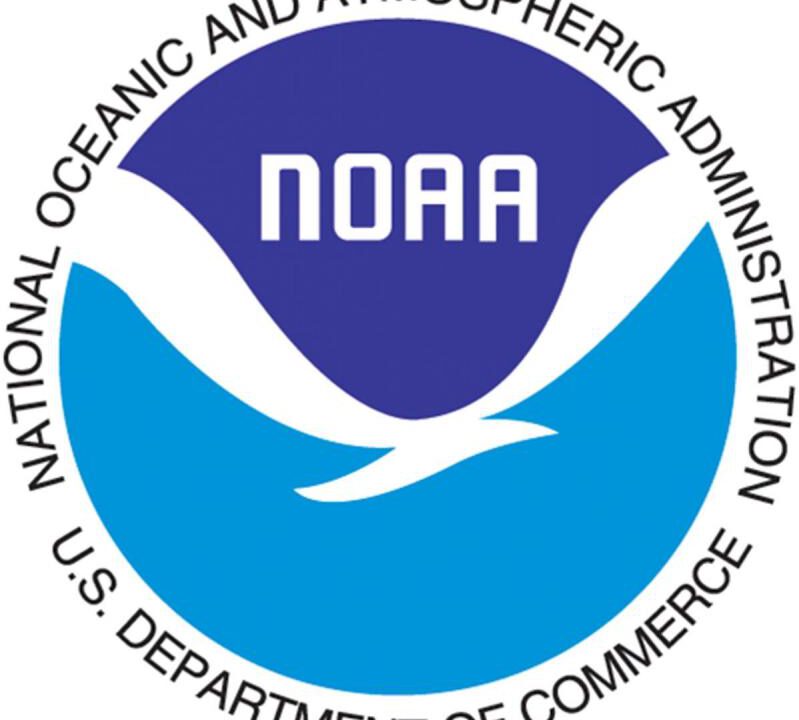
Includes research, cases studies, data, charts, and background information on Ocean Acidification, Ocean Currents, Ocean Floor Features, Ocean Pollution, Tides, and Tsunamis.
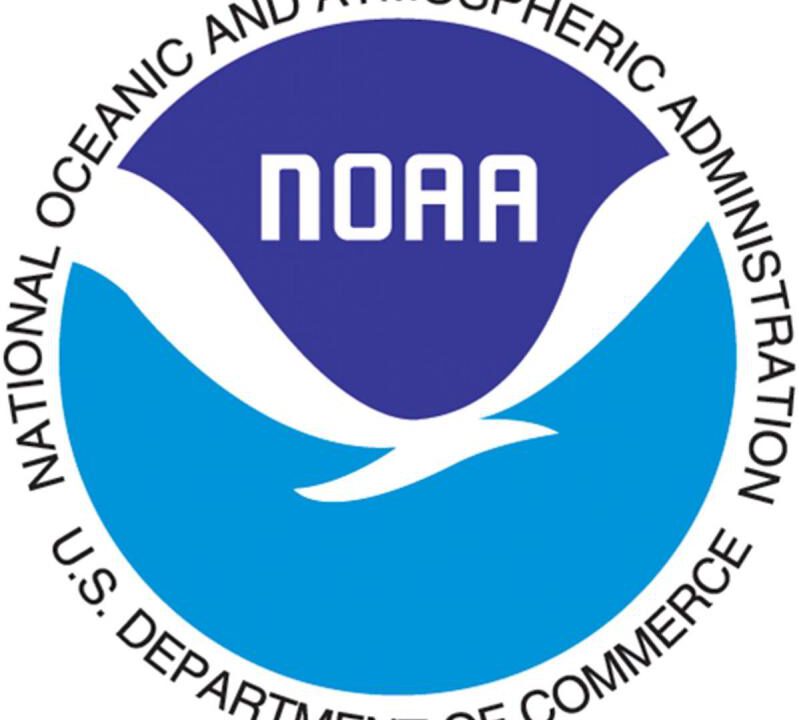
NOAA’S Climate Education resources include activities, research, cases studies, data, charts, and background information on Climate related topics. Topics include Carbon Cycle, Changing Seasons, Climate Change Impacts, Climate Monitoring and
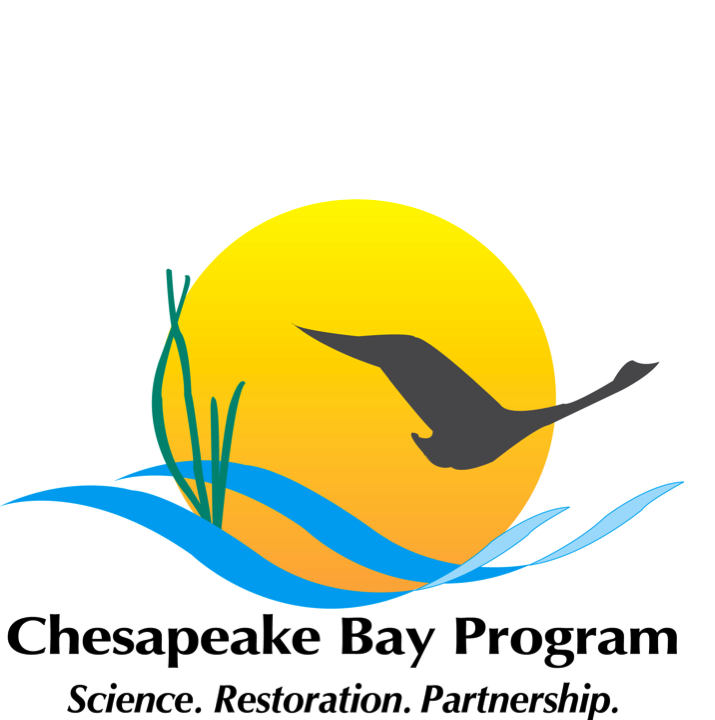
Learn about the complex issues involved in the health and success of the Chesapeake Bay. Each topic includes an introductory video, Overview, Importance, Effects on the Chesapeake Bay, and Current
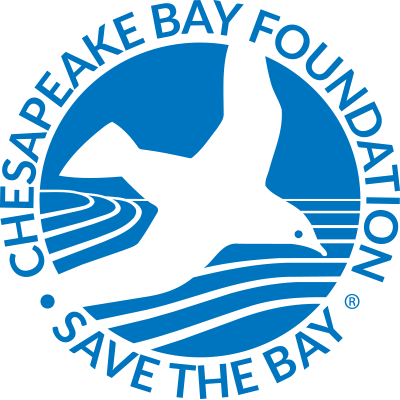
A lesson plan activity called “Bay-sic Ratios”. Includes background information, procedure, materials, vocabulary, interactive questions, charts and maps.
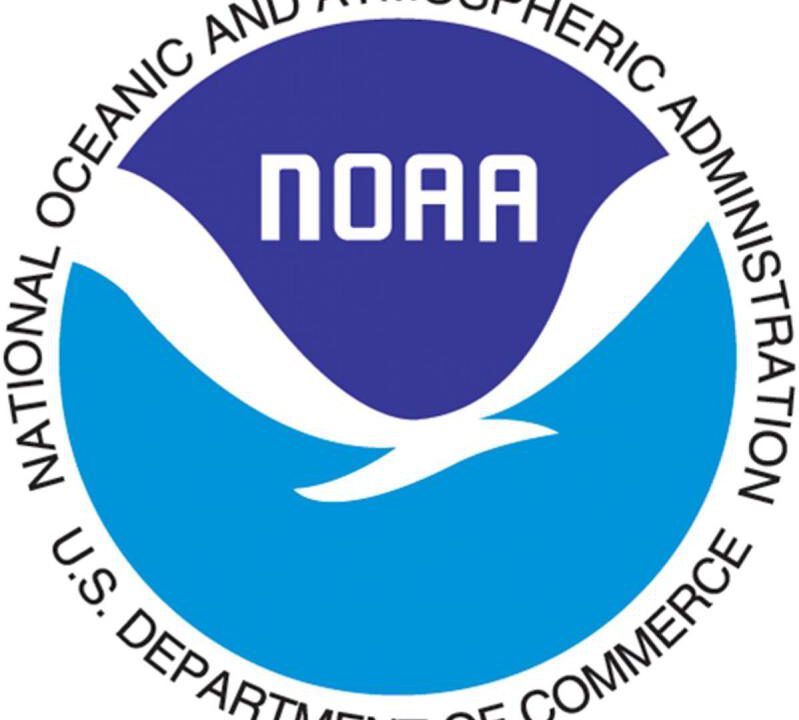
Students make explore the tides, compare tidal height and oxygen levels using data collected at different National Estuarine Research Reserves, and use a model to discover how human development can
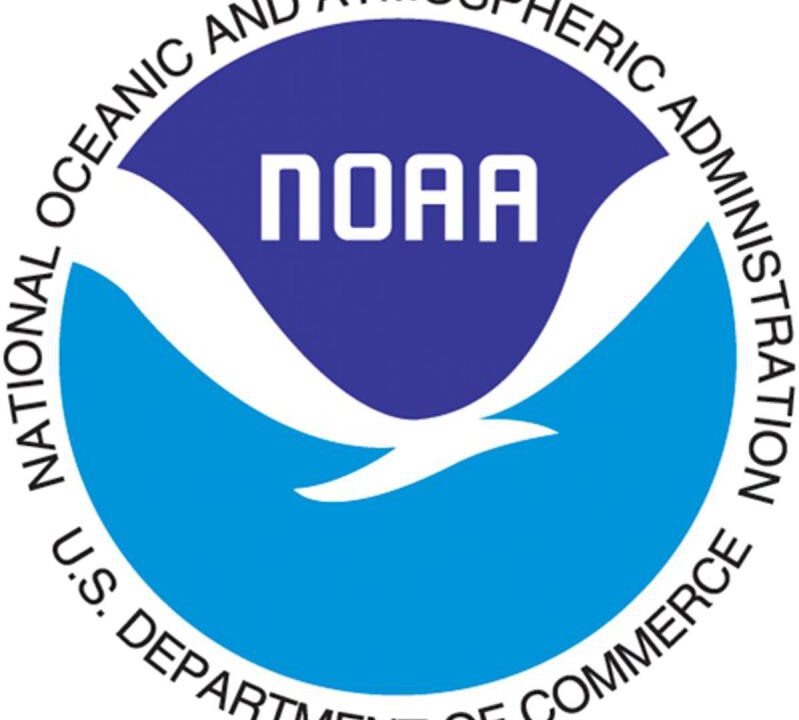
Students can use ocean data to explore today’s pressing environmental issues, and create problem solving skills. Includes online and classroom Lesson Plans and Activities with user friendly data exploration tool.
Notifications